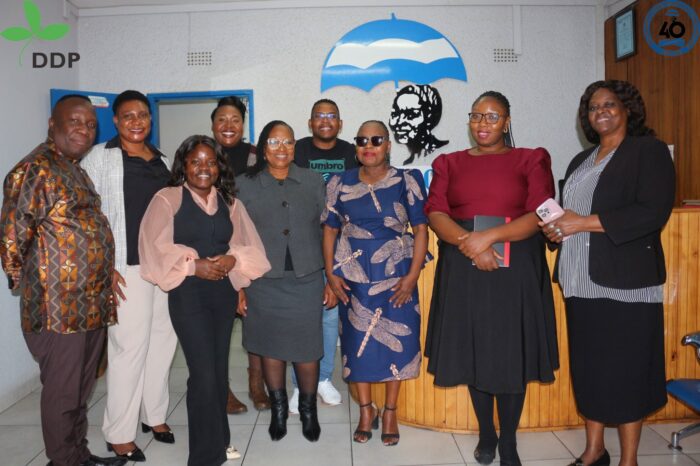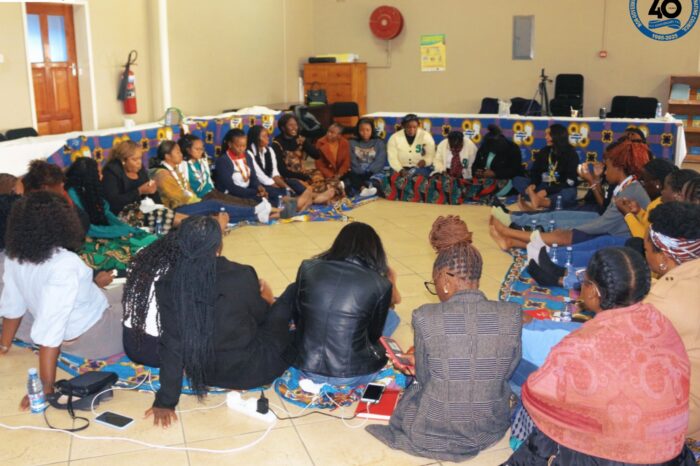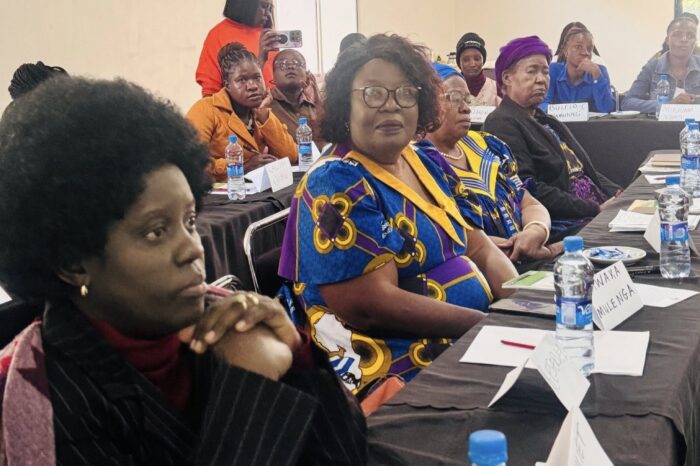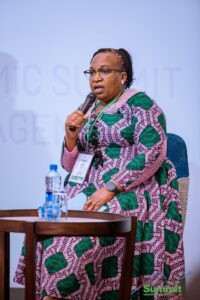Women the Main Producers of Food- Coady International
By Staff Reporter
Women are known to be the main producers of food in many regions of the world, especially Africa, says Coady International Institute Program Manager Ms Vicky Schreiber.
In her key note address during Women for Change (WfC) Rural Women’s Summit in Lusaka this morning under the theme: “Her voice; her strength; her security”, Ms Schreiber said Coady International Institute ‘empower’ program initiatives and training had benefited more than 4,000 rural and peri-urban women, community members in three countries to advance their economic empowerment and life skills opportunities.
“Reports and statistics will indicate that women are under-represented at all levels – whether politically, economically or in the media. At the same time, rural women are known to be the main producers of food in many regions of the world, especially Africa, in spite of barriers such as patriarchy, lack of access to land and curtailed opportunities for education and training,” Ms Schreiber said in a speech read for her by WfC executive director Lumba Siyanga.
“Under the ‘empower’ program, our partners are using a holistic approach to ensure women’s leadership is enhanced by building social empowerment and life skills, together with practical skills and tools linked to economic initiatives, producer value chains and food security.”
Ms. Schreiber said monitoring and follow up with women trained by partners have shown that women are more successful in influencing decisions and that they are more independent at household level.
She said women invest in their business and support children in school, while also being recognized for their leadership at community level.
“Therefore, I encourage government representatives and other civil society leaders here at the summit to listen to the voices of those rural women leaders attending the event. These spaces are important to build more innovative and lasting solutions to key challenges. In Zambia, citizen-led advocacy and social accountability training has been adapted for use in rural communities,” Ms Schreiber said.
“During the event I encourage you to connect with the many Women for Change development practitioners who have advanced their leadership as part of the program to understand the many ways they are adapting and sharing new knowledge and skills to strengthen organisations and impacts for rural women.”







